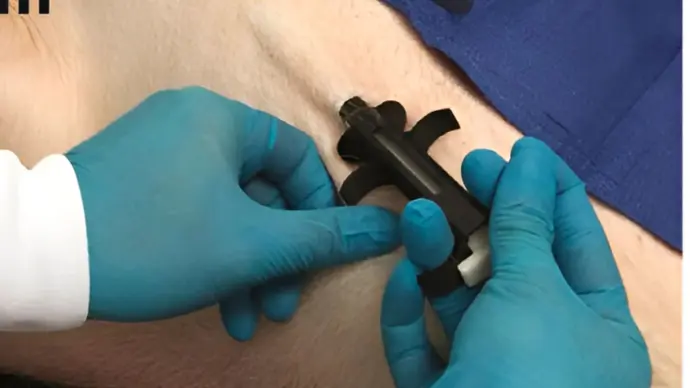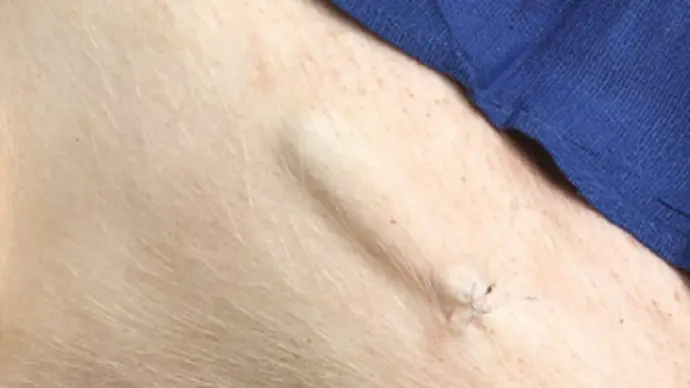As opioid-related deaths continue to rise, medical researchers are seeking advanced solutions for real-time overdose detection and intervention. To address this, cutting-edge technologies like micro 3D printing are paving the way for innovative safety solution.
One groundbreaking innovation is the Implantable System for Opioid Safety (iSOS), made possible by Boston Micro Fabrication (BMF)’s micro 3D printing technology. This implantable device represents a major leap forward in overdose prevention, combining real-time monitoring with automated naloxone delivery.
Why Implantable Devices are the Future of Opioid Safety
Implantable opioid safety devices are emerging as a game-changing technology, offering real-time monitoring and automated intervention to prevent overdose-related fatalities. Here’s why these devices are set to revolutionize opioid safety:
Instantaneous Overdose Reversal:
Automated naloxone injection prevents fatal respiratory failure.
Minimized Dependence on External Naloxone Kits:
Provides continuous overdose protection without user intervention.
Seamless Integration with Healthcare Systems:
Devices can transmit overdose data to medical professionals for proactive intervention.
How BMF Micro 3D Printing Enhances Opioid Safety
Researchers at the Dynamic Autonomous Robotics and Enabling Systems (DARE) Lab have developed the Implantable System for Opioid Safety (iSOS), a revolutionary subcutaneous device designed to detect opioid overdoses in real-time and administer life-saving naloxone. This innovative solution is made possible by Boston Micro Fabrication (BMF)’s micro 3D printing technology, which enables the precise manufacturing of the device's intricate components.
BMF’s micro 3D printing technology is revolutionizing opioid safety by enabling the development of highly precise, implantable devices designed to detect and prevent overdoses in real time. By leveraging cutting-edge fabrication techniques, these devices offer advanced monitoring, targeted drug delivery, and long-term reliability.
Here’s how BMF’s technology enhances opioid safety:
Micro-Scale Sensors
BMF’s high-resolution 3D printing (2µm to 25µm) enables real-time monitoring of respiratory and cardiac activity.
Precision Drug Delivery
The device features refillable drug reservoirs and ultra-miniaturized pumps for automatic naloxone administration.
Biocompatible and Miniaturized Design
The implantable device is made using biocompatible materials, ensuring long-term safety and seamless integration into the human body.
Sustainability and Customization
With advanced power management and personalized configurations, the device provides long-term overdose protection.
By leveraging micro 3D printing for implantable opioid safety devices, BMF is helping redefine how addiction medicine addresses opioid overdoses. This breakthrough technology ensures safer pain management and faster emergency response for high-risk patients.
Explore How Micro 3D Printing Can Transform Opioid Addiction Treatment
Contact us for a personalized meeting

